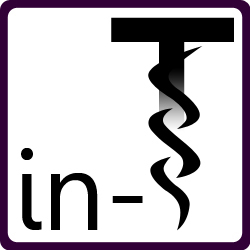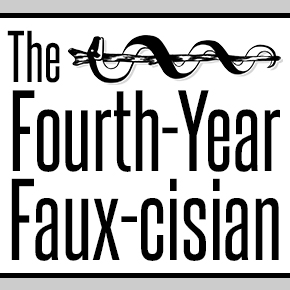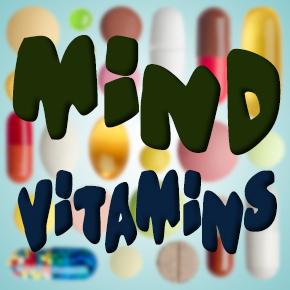The Value of Empathy in Medicine
Empathy: it’s what supposedly drives us to become physicians, and what we’re told to demonstrate through our extracurricular activities and during our interviews. We yearn for that perfect patient interaction in which we comforted or understood in a way that changed the patient’s perspective on medical care.





